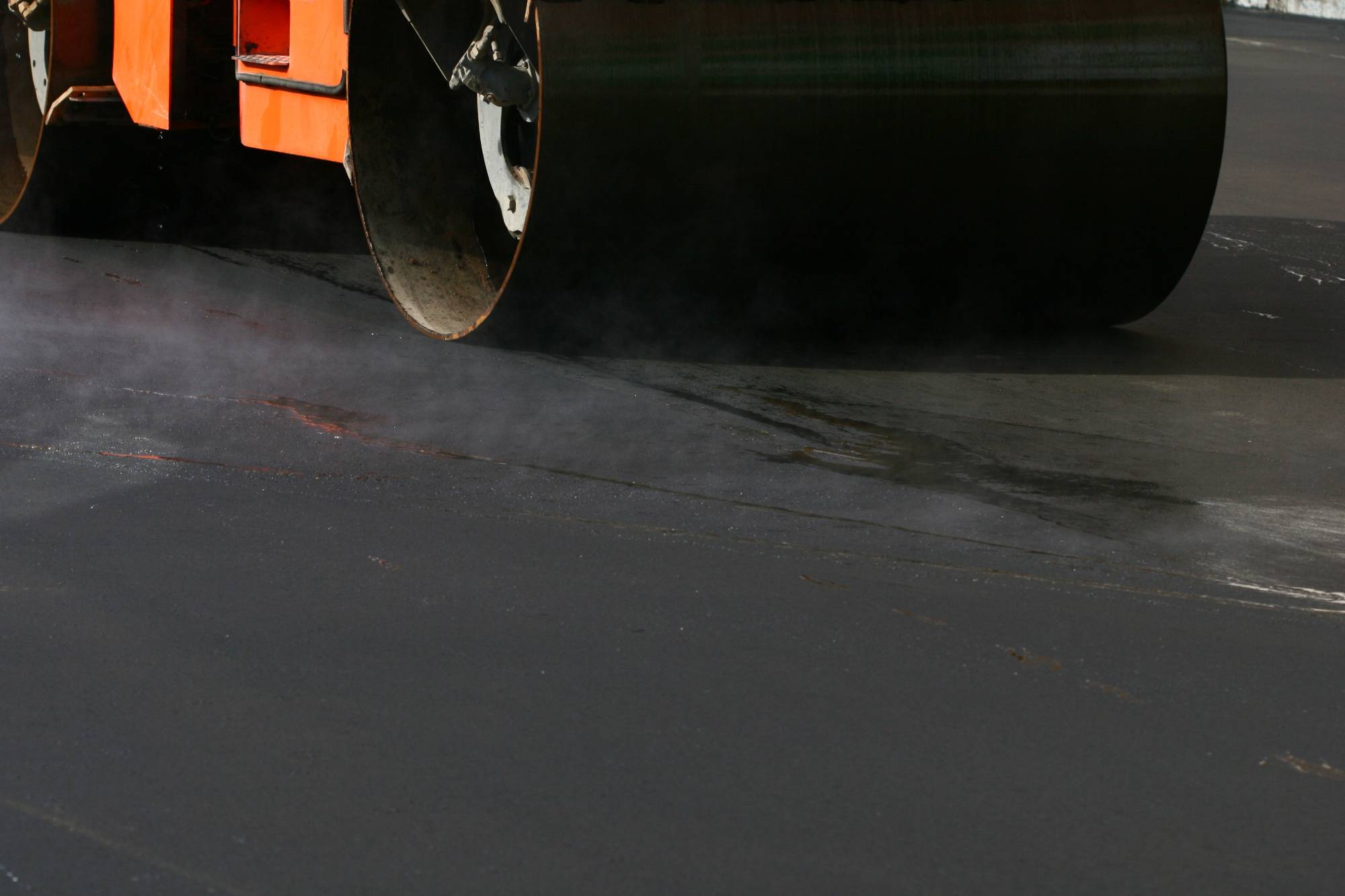- 631-796-2804
- [email protected]
- Mon - Fri: 6:30AM - 5PM
Quality commercial paving that handles heavy traffic, looks professional, and lasts through Long Island winters.

Hear from Our Customers

Your parking lot does more than just hold cars. It’s the first thing customers see when they arrive. It handles delivery trucks, employee traffic, and everything in between.
When it’s done right, you don’t think about it. No puddles after storms. No cracks that turn into potholes. No faded lines that confuse drivers or create liability issues.
You get smooth surfaces that drain properly, clear striping that guides traffic flow, and pavement that holds up to Suffolk County’s freeze-thaw cycles. Your property looks professional, operates smoothly, and avoids the headaches that come with cheap paving jobs that fail too soon.
All Purpose Paving has been handling commercial asphalt projects across Suffolk County for years. We know the local soil conditions, understand the permit requirements, and have the equipment to handle everything from small parking areas to large industrial sites.
We work with property managers, business owners, and facility directors who need reliable contractors. No surprises, no excuses, just professional paving that gets completed on schedule.

Every commercial paving project starts with a site evaluation. We assess drainage, traffic patterns, and any existing issues that need addressing before new asphalt goes down.
Proper preparation is everything. This means excavating to the right depth, installing appropriate base materials, and ensuring proper grading for drainage. Shortcuts here cause problems later.
Installation happens with commercial-grade equipment and hot-mix asphalt designed for heavy traffic. Final steps include compaction, striping, and any accessibility features required by ADA compliance. You get a finished surface ready for business operations.

Ready to get started?
Commercial paving covers more than just laying asphalt. You’re getting site preparation, proper drainage solutions, and pavement designed for your specific traffic loads.
Industrial facilities need heavier-duty construction than retail parking lots. Loading docks require different specifications than employee parking areas. The approach changes based on how the pavement will actually be used.
Services include new installation, major repairs, overlay work, and maintenance programs. Striping, signage, and ADA-compliant accessibility features are handled as part of the complete project. Everything needed to get your pavement functional and compliant.


We are a family owned and operated paving contractor servicing customers on the East end of Long Island. We specialize in all phases of paving from start to finish.